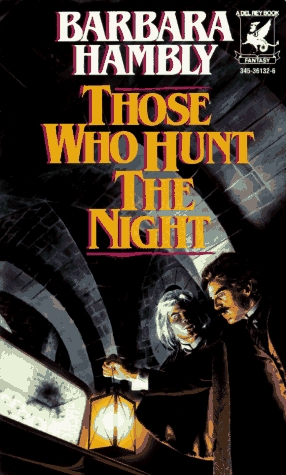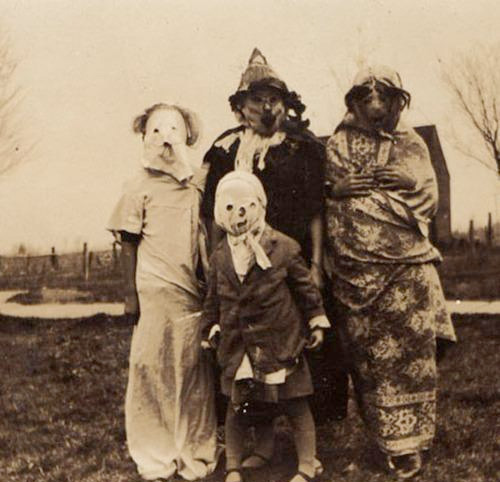It's weird the way you remember things.
The mid eighties were a good time to be a Barbara Hambly fan. She still writes, I think: mysteries now, though, not the fantasy that I devoured. She had maybe three series of books going on, and some stand alone novels, but I think eventually everything became a series. I read pretty much anything with her name on it, and I loved it all.
Or, I thought I read anything with her name on it. Turns out, I missed one.
Yes, this is my first reread that wasn't actually a reread at all. I just assumed I had read Ladies of Mandrigyn, for several reasons that seem good. First, as noted, I thought I read everything Hambly put out. Second, I have most certainly read the other, later books in this series, The Witches of Wenshar and The Dark Hand of Magic. So you'd think I would have read the first one, right?
Wrong, as it turns out. I never read this thing in my life, or if I did, it failed to make enough of an impression to even seem vaguely familiar, and that isn't likely to be the case. I can't really evaluate it accurately for this purpose, then: it's not a reread. Is it a bad book? No, but it's kind of loose and slowish and the plot is thin on the ground. It's a set up novel, and I think (from my dim recollections) that works well enough that the other two books do pretty well. It wasn't hard to get through or anything, and though there's the vague sexism that permeates almost all fantasy before the very modern era (and is still not banished completely by any means), it's subverted in many ways by a variety of strong female characters who have interesting stories. There are lesbians, too, without much judging or even comment (and implications that gay men are around too, just being dudes, but we don't see them), and that's nice.
As a reread, it's a failure, though.

I can still highly recommend rereading Hambly's Those Who Hunt The Night, which is an excellent vampire novel; and also her Darwath books, which have a kind of weak ending to my mind, but which are great overall. I've reread both since I became an adult person, and they hold up well; because I'd done that, I didn't want to use them for this series of posts, but having failed at the purpose, I'll fall back on my other knowledge.
(As a note: I tend to use original cover art for these, or at least, the cover that I grew up with, which might be different, but Hambly's books are seemingly all available in some sort of new edition, with covers that match up, and I think they're very pretty, so I'm using that edition for the Darwath books.)





 I am dressing up as nothing, because I have to work tonight. But whatever tricks you perpetrate and whatever treats you snatch, have a good time with it.
I am dressing up as nothing, because I have to work tonight. But whatever tricks you perpetrate and whatever treats you snatch, have a good time with it.

















